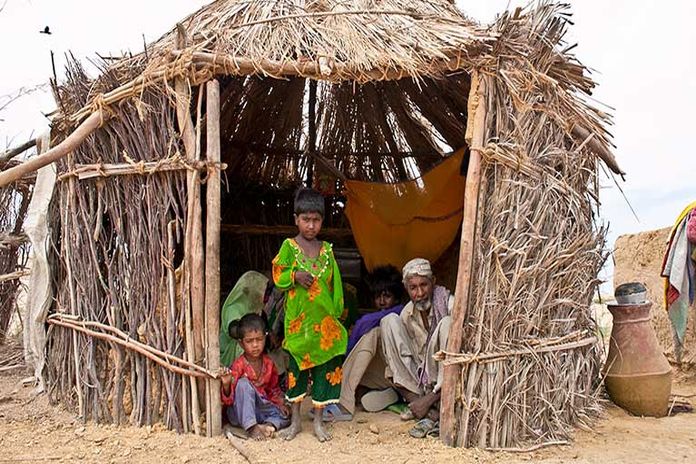
GENEVA (ILO News) – To guarantee at least basic income security and access to essential health care for all in 2020 alone, developing countries should invest approximately US$1.2 trillion – on average 3.8 percent of their GDP – says a new ILO policy brief.
Since the onset of the COVID-19 pandemic the social protection financing gap has increased by approximately 30 percent according to Financing gaps in social protection: Global estimate and strategies for developing countries in light of the COVID-19 crisis and beyond .
This is the result of the increased need for health-care services and income security for workers who lost their jobs during the lockdown and the reduction of GDP caused by the crisis.
The situation is particularly dire in low-income countries who would need to spend nearly 16 percent of their GDP to close the gap – around US$80 billion.
Regionally, the relative burden of closing the gap is particularly high in Central and Western Asia, Northern Africa and Sub-Saharan Africa (between eight and nine percent of their GDP).
Even before the COVID-19 crisis, the global community was failing to live up to the social protection legal and policy commitments it had made in the wake of the last global catastrophe – the 2008 financial crisis.
“Closing the annual financing gap requires international resources based on global solidarity.”
Currently, only 45 percent of the global population is effectively covered by at least one social protection benefit. The remaining population – more than four billion people – is completely unprotected.
National and international measures to reduce the economic impact of the COVID-19 crisis have provided short-term financing assistance. Some countries have sought innovative sources to increase the fiscal space for extending social protection, like taxes on the trade of large tech companies, the unitary taxation of multinational companies, taxes on financial transactions or airline tickets. With austerity measures already emerging even with the crisis ongoing, these efforts are more pressing than ever, the study says.
“Low-income countries must invest approximately US$80 billion, nearly 16 percent of their GDP, to guarantee at least basic income security and access to essential health care to all,” said Shahrashoub Razavi, director of the ILO’s Social Protection Department. “Domestic resources are not nearly enough. Closing the annual financing gap requires international resources based on global solidarity.”
Mobilization at the international level should complement national efforts, says the ILO. International financial institutions and development cooperation agencies have already introduced several financial packages to help governments of developing countries tackle the various effects of the crisis but more resources are needed to close the financing gap, particularly in low-income countries.





